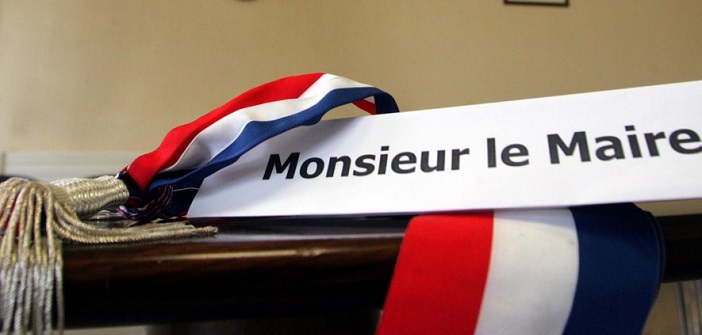A few months before the municipal elections (March 2020), this poll lifts the spirits of many candidates aspiring to become the primary leaders of their commune.
In addition to power, they will also have the esteem of their constituents. Who could ask for more!
A recent survey reveals that the French have a negative opinion of their elected officials and the political staff while still approving of mayors at 80%. This is a double error in judgment.
First of all, it’s important to realize that a large majority of elected officials from all sides are honest and do their best to serve the public interest. My personal experience in this area is not insignificant, and I can attest that I have often been impressed by the level of commitment from many elected officials.
But of course, there are exceptions (necessarily too many) to this integrity, with questionable and sometimes illegal practices that should not be considered residual or normal.
However, rather than deputies and senators with no real direct powers, it is the mayors (of both cities and rural areas) who can often find themselves in borderline situations. This is for at least three reasons:
The mayor is the head of municipal staff, and the risks of favoritism exist (family employment is a reality).
The mayor controls urban planning, and the risks of abuses are not negligible (let us remember the scandal of building permits granted in flood zones).
The mayor is a major distributor of grants, with unclear allocation criteria that can lead to inequalities not always tied to the general interest.
That said, none of this prevents people from loving “their” mayor: the people of Nice loved their mayor Jacques Médecin, the residents of Levallois-Perret love Patrick Balkany. And when you love, you don’t count.
Patrick Mottard


